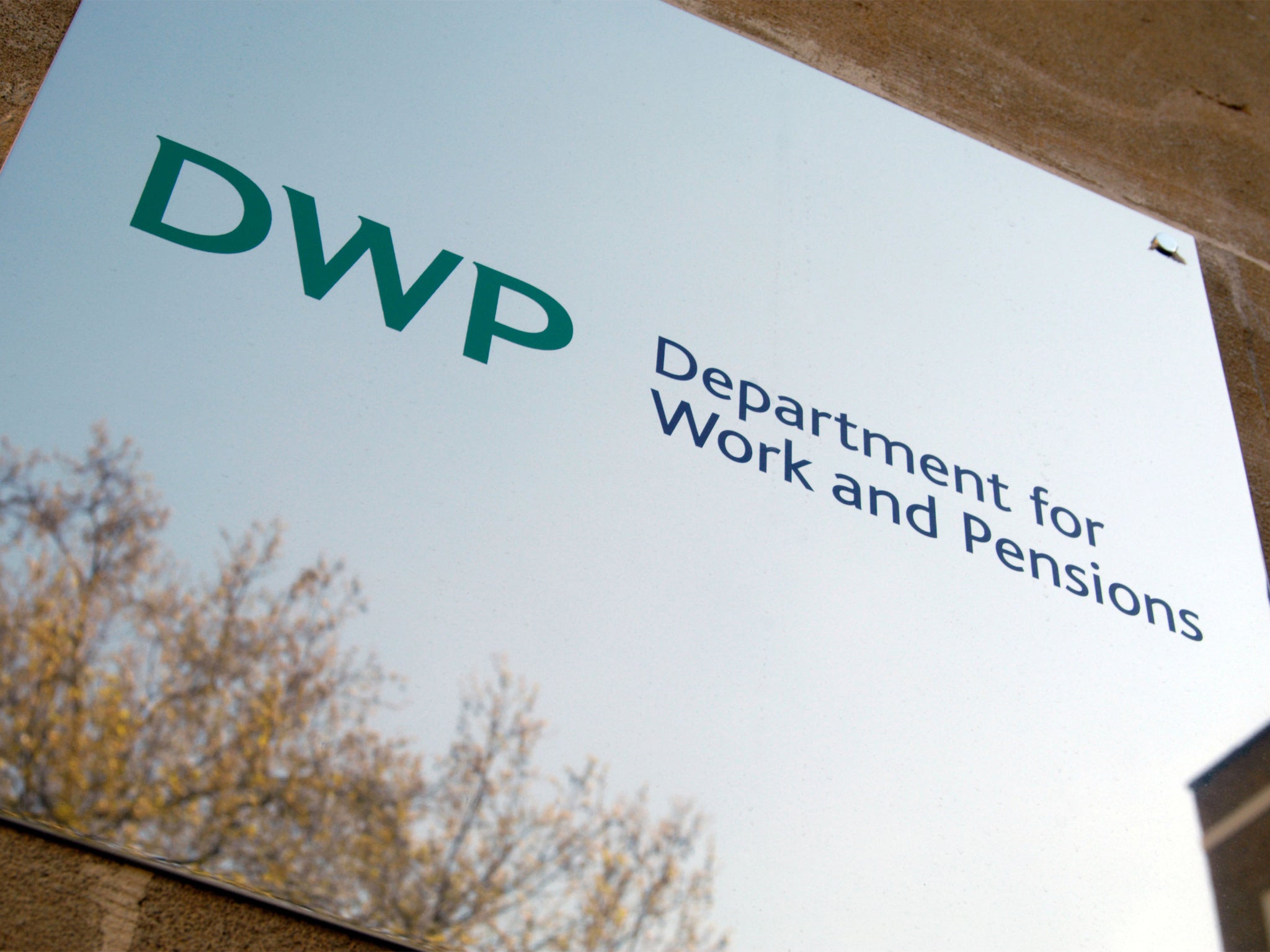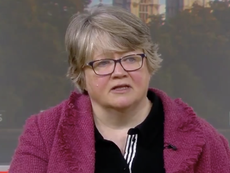Surge in people unable to cover essential bills if universal credit uplift is removed, charity warns
Citizens Advice says three-quarters of people it helps with debt who receive the flagship benefit would be unable to cope

Your support helps us to tell the story
From reproductive rights to climate change to Big Tech, The Independent is on the ground when the story is developing. Whether it's investigating the financials of Elon Musk's pro-Trump PAC or producing our latest documentary, 'The A Word', which shines a light on the American women fighting for reproductive rights, we know how important it is to parse out the facts from the messaging.
At such a critical moment in US history, we need reporters on the ground. Your donation allows us to keep sending journalists to speak to both sides of the story.
The Independent is trusted by Americans across the entire political spectrum. And unlike many other quality news outlets, we choose not to lock Americans out of our reporting and analysis with paywalls. We believe quality journalism should be available to everyone, paid for by those who can afford it.
Your support makes all the difference.Thousands more people will be unable to cover essential household bills if the universal credit uplift introduced in response to the coronavirus pandemic is removed, a charity has warned.
People claiming universal credit have been receiving an extra £20 per week, but that is due to end in six months’ time.
Analysis of the 6,264 people Citizens Advice helps with debt who receive universal credit or working tax credit showed three in four (75 per cent) would not be able to cover their essential household bills if the uplift was removed – an increase of 32 points on the current 43 per cent.
The charity is calling on ministers to make the uplift to universal credit and working tax credits permanent in order to “keep families afloat” in the months ahead. They should also introduce emergency loans for renters and help local authorities cover lost council tax revenue when people cannot afford to pay on time, the group added.
It comes as new official figures show the number of people claiming universal credit continues to rise, increasing from 5,571,239 in August to 5,688,095 in Sept – up 3 per cent. The number of claimants has almost doubled since before the pandemic.
In one case, John, who is in his fifties and had worked in the entertainment sector for nearly 30 years, was recently made redundant having previously been on furlough, and was offered no redundancy pay. He asked that his surname not be published.
“It’s so disappointing, I’ve cried my eyes out so many times. I never knew how lucky I was having a job, I never thought I’d hit a hard time like this. I’ve survived five recessions. It’s just hit me like a ton of bricks,” he said.
John has been looking for work, but his poor computer literacy skills make applying for jobs hard. He said his normal trade would likely not pick up again until next May.
Though he is confident of finding work when life returns to normal, and has applied for universal credit with an advance loan, he does not believe he will be able to cover his essential bills on just universal credit and worries about the impact of losing a further £20 per week.
“I don’t know what I’m going to do to tell you the truth. If I lost an extra £20 of universal credit it would be soul destroying, I don’t know how I’d cope. All the money I’ve paid into the system I'm just looking for a little bit back.“
Chris Whitehead, from Citizens Advice Newcastle, said: “One of the hardest parts of debt advice is to say to someone there isn’t a route out of it unless their income increases.
“We do all we can to lower bills, increase benefits and access grants, but if people don’t have enough for the basics they face a prospect of spiralling deeper and deeper into debt. Now and going forward the benefits uplift will continue to be a vital lifeline for many.”
Nearly 100,000 people have signed a petition demanding that Boris Johnson and Rishi Sunak urgently review universal credit to ensure people have enough money to survive, and make the increase £20-a-week boost permanent.
Dame Gillian Guy, chief executive of Citizens Advice, said: “The government has taken important steps to support people’s finances, keeping people in their homes and keeping the lights on during this pandemic. But there are still significant numbers of people who can’t even cover the basics and face deeper hardship.
“The government must commit to keeping the current uplift and extending it to other benefits. This will be vital to keeping many families afloat now and in the months ahead.”
A Department for Work and Pensions spokesperson said: “This government is wholly committed to supporting the lowest paid families and has already taken significant steps including raising the living wage, ending the benefit freeze and increasing work incentives.
“During this challenging time have provided £9.3bn extra welfare support to help those most in need, as well as introducing income protection schemes, mortgage holidays and additional support for renters and constantly keep these measures under review.”




Join our commenting forum
Join thought-provoking conversations, follow other Independent readers and see their replies
Comments